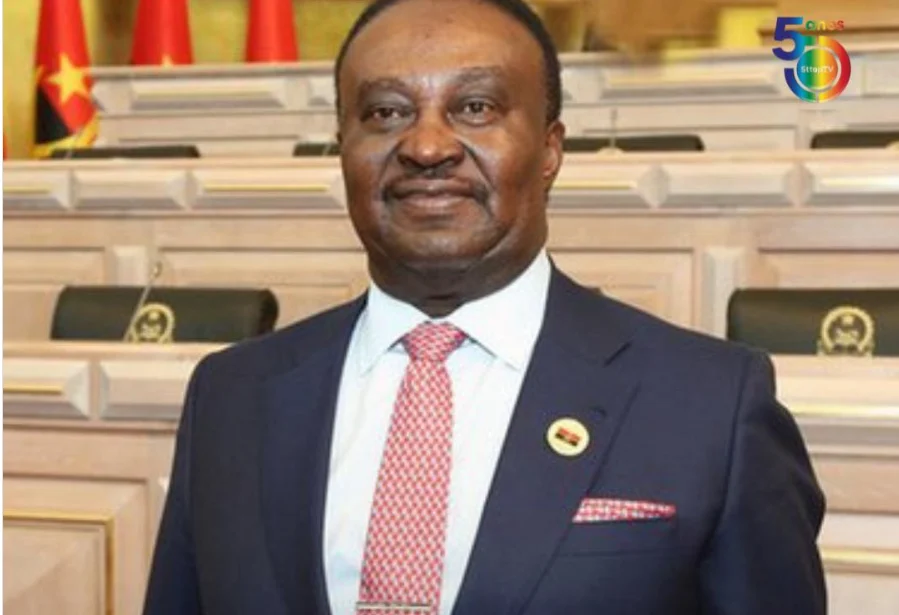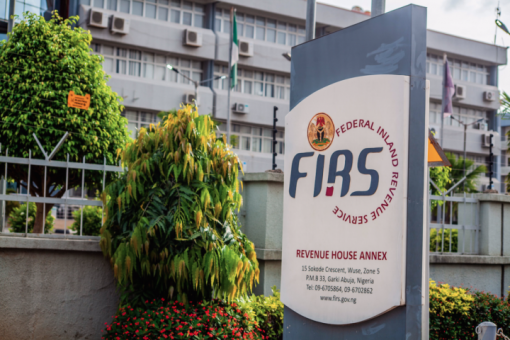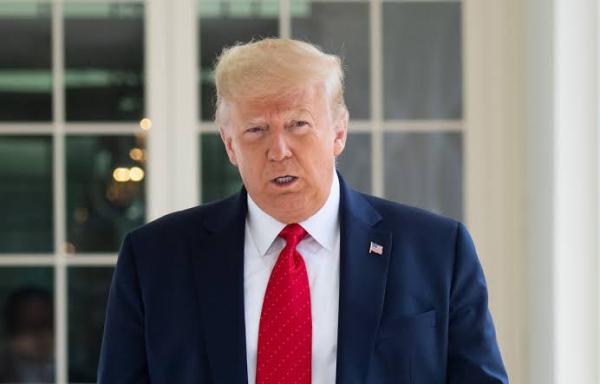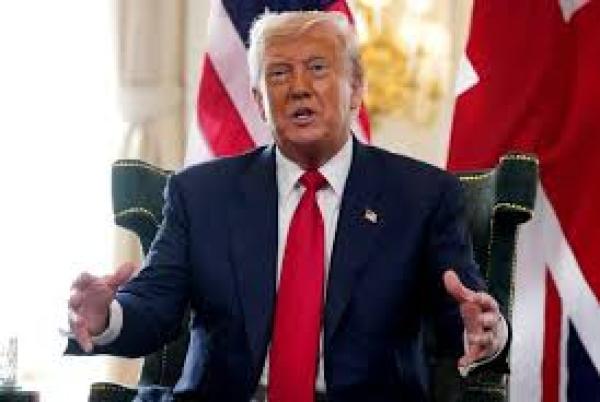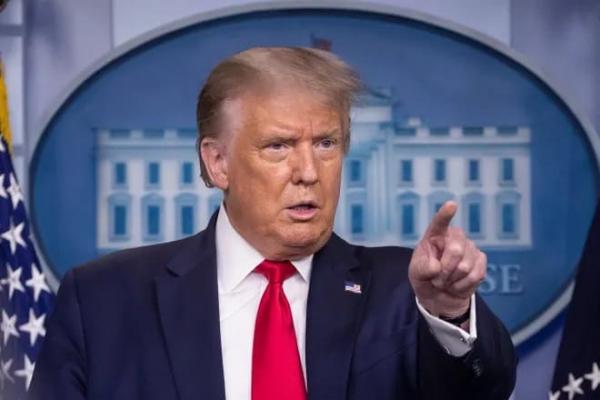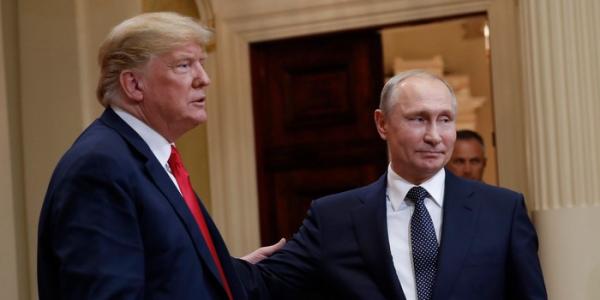
U.S. President Donald Trump revealed on Wednesday, February 12, that he is set to meet Russian President Vladimir Putin in Saudi Arabia for peace talks on the ongoing Ukraine conflict.
The announcement comes after a surprising phone call between the two leaders, marking their first confirmed contact since Trump returned to the White House.
During the “lengthy and highly productive” conversation, Trump and Putin reportedly agreed that “the time has come to work together” toward a resolution for Ukraine. The call lasted nearly an hour and a half, with both leaders expressing a desire to “stop the millions of deaths taking place in the War with Russia/Ukraine,” according to Trump’s post on his Truth Social platform.
The planned meeting, likely to occur in the near future, is expected to involve Saudi Crown Prince Mohammed bin Salman, who played a crucial role in a recent Russia-U.S. prisoner exchange. The Kremlin has also extended an invitation for Trump to visit Moscow following the Saudi talks.
Trump, who has been pushing for a quick resolution to the nearly three-year-long war, indicated that Ukraine’s desire to join NATO—a key demand of Russia—was "not practical." However, he denied claims that Ukraine would be excluded from the peace process, emphasizing that Kyiv’s interests would be taken into account. Trump stated that he and Putin have agreed to start negotiations immediately, with teams from both sides working on a potential deal.
Ukrainian President Volodymyr Zelensky was not included in the call with Putin but later spoke with Trump, who assured Zelensky that both he and Putin wanted peace. Zelensky, in turn, reiterated Ukraine’s stance that its "independence, territorial integrity, and sovereignty" cannot be compromised.
The announcement of the talks has raised concerns in Ukraine and European capitals, where some fear that the U.S. might be conceding to Russian demands. Pentagon chief Pete Hegseth has suggested that Ukraine’s goal of returning to its pre-2014 borders is unrealistic and that NATO membership is "not realistic," which aligns with Moscow’s conditions.
Trump’s phone call with Putin follows signs of a thaw in relations, including a prisoner swap deal earlier this week. While some praise Trump’s efforts toward peace, critics, including Ukrainian officials, have expressed concerns about the exclusion of Ukraine from the negotiations.
French, German, and Spanish foreign ministers have stressed that any peace agreement must involve Ukraine and its European partners. As the situation unfolds, the international community watches closely for developments, especially in light of Ukraine’s demand for robust security guarantees in any potential deal with Russia.












